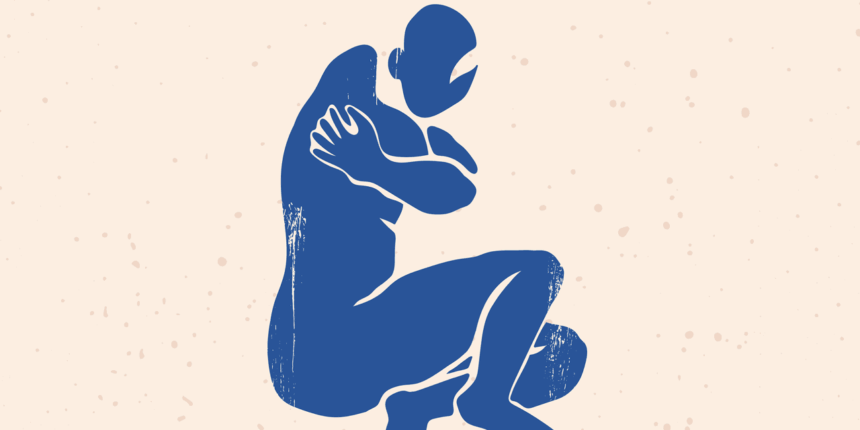Indeed, Dr. Lee notes that unprocessed grief can eventually lead to actual health problems, including chronic stress, burnout, and health conditions such as high blood pressure and heart disease. In fact, many of the physical consequences of grief arise when you don’t listen to and address your body’s needs, she says. For instance, one study found that after losing a spouse, people tended to neglect their health—eating less nutritiously, skipping meals, drinking more alcohol, moving less, and sleeping less. They were also at elevated risk for heart disease, inflammatory conditions, and immune dysfunction.
Of course, giving your body what it needs to actually process loss and stress is much easier said than done. Work, everyday obligations, and my once-busy social life demanded my time and attention long before I was able to give it. Forcing myself back into these “normal” routines and behaviors came at a steep cost, leaving me with lingering physical and emotional pain that I’ve only just started to recover from more than two years after the fact.
“Give yourself permission and time to honor both your emotional and physical pain to navigate grief more effectively,” says Kuehnle. “Self-care in this context is non-negotiable.” This bears repeating: If you’ve been sidelining your grief, drop everything and make it your top priority now.
To help, experts recommend the following strategies:
1. Tend to the basics.
“The most important way you can help yourself while grieving is to take care of yourself and your needs,” says Dr. Lee. This includes filling your body with nutritious food, staying well-hydrated, and doing your best to get adequate rest.
Though this may seem obvious, grief made even the simplest tasks feel overwhelming or pointless for me. But focusing on meeting your essential needs first will lay the foundation for eventually finding the physical ability to do more.
2. Engage in mindful body awareness.
“Learn to listen to your body, acknowledge what it’s experiencing, and address it with compassion,” says Kuehnle. “This is a key part of the holistic journey in grief, supporting both your emotional processing and your physical well-being.”
Not sure how to do this? One simple way is to tune in to your body and notice any sensations, Erica Schwartzberg, LMSW, a somatic psychotherapist at A Good Place Therapy in New York City, tells SELF.
Want to take it a step further? You may want to explore somatic therapy, a type of therapy based on the understanding that trauma resides not only in your mind, but also your body. While there are various subtypes, the core idea is to identify the sensations of trauma and learn how to move through them. This allows you to release physical stress rather than just desensitizing yourself to it.
Somatic therapy was without a doubt the most transformative tool in my grief toolkit. I learned how to sit with the physical discomfort of grief so that my body could fully release stress and naturally return to calm, instead of (unsuccessfully) trying to suppress those sensations. Over time, this trained my body to respond less intensely.
3. Support your nervous system.
Because grief causes an intense physical stress response, engaging in activities that soothe your nervous system can help. Kuehnle recommends practices like:
Read the full article here



